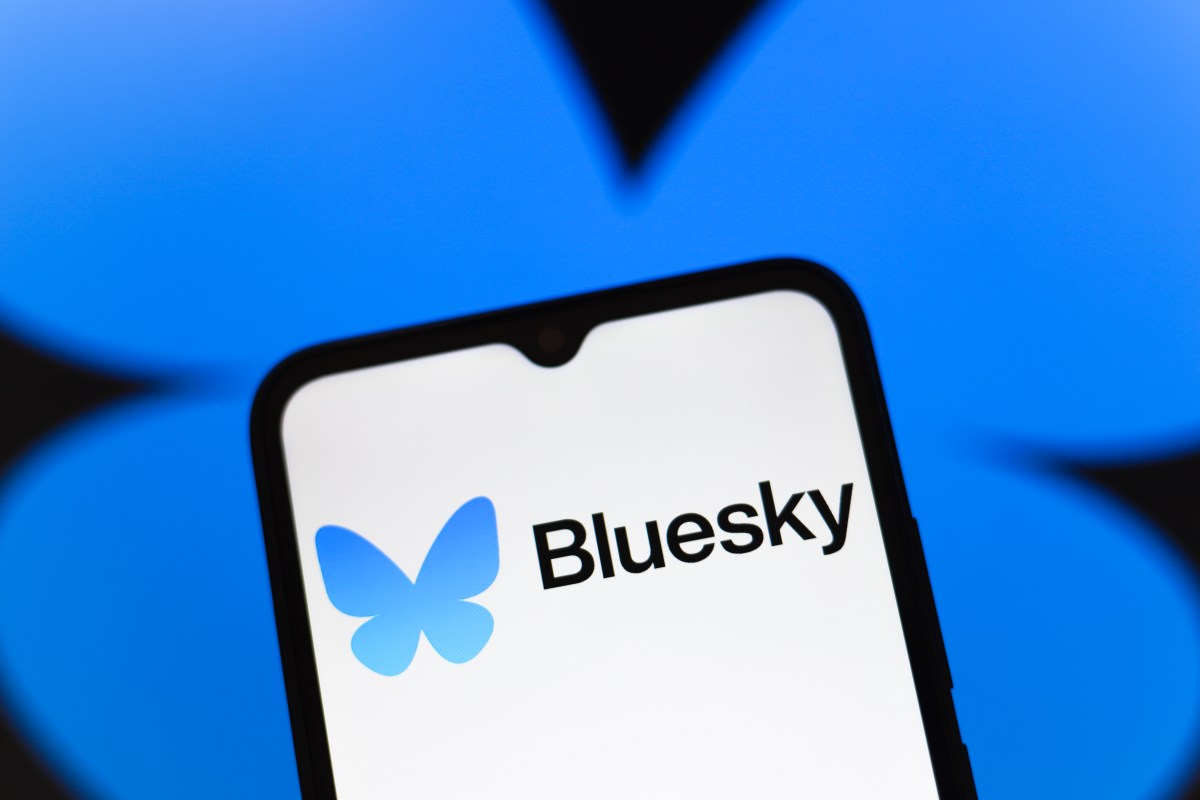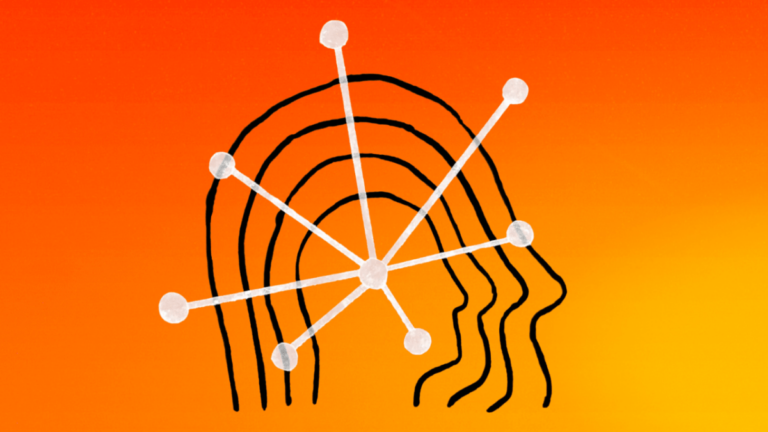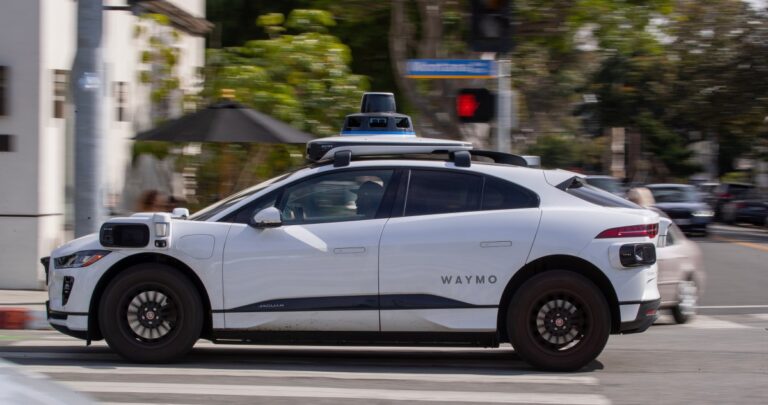Everything You Need to Know About Bluesky’s New Verification System: Answering Your Burning Questions!
Bluesky’s recent launch of its verification system has sparked numerous inquiries among users, ranging from the selection criteria for verified accounts to the involvement of external organizations. As the platform seeks to establish authenticity within its community, many users are eager to understand how this new system will function. In this article, we’ll clarify some of the most pressing questions surrounding Bluesky’s verification process.
Bluesky’s Verification System Explained
On Monday, after a previous leak, Bluesky officially introduced its verification system, aimed at confirming the identities of notable individuals on the platform. Similar to Twitter’s earlier approach, Bluesky’s system incorporates a decentralized model, empowering other entities to independently verify users.
Who Can Verify Users?
A key question that remains is: Which organizations are authorized to verify accounts? According to Bluesky, “Trusted Verifiers” are organizations granted permission to issue verification badges. Currently, notable examples include:
- The New York Times – allowed to verify its journalists
- Wired
- The Athletic
However, Bluesky has not disclosed the full list of organizations or the criteria for their selection, leaving users uncertain about future verifiers.
Perception of Trustworthiness
Another question users have is whether verification on Bluesky will symbolize a user’s trustworthiness. The previous verification system on Twitter became a coveted status, leading to confusion and discontent among users. Bluesky’s blog suggests it aims to “proactively verify authentic and notable accounts,” but the specific criteria for determining “notability” remain unclear.
Understanding the Verification Rollout
As Bluesky rolls out its verification system, users are curious about the selection process. Many have noticed discrepancies in who received verification badges, particularly amongst major news organizations. This is likely due to the gradual rollout of the system, as Bluesky has indicated that more accounts will be verified over time.
What About Self-Verification?
Before the official verification launch, Bluesky allowed users to verify their identity through domain association. This process remains in place and will serve as an additional layer of verification, though it is not mandatory for receiving a verification badge. Bluesky encourages official organizations and prominent individuals to utilize this method for added authenticity.
Future of Unofficial Verification
Prior to Bluesky’s official verification launch, some users created unofficial verification systems. For instance, Hunter Walker and Guan Yang developed a labeler to verify diverse media outlets and notable figures. Despite the introduction of Bluesky’s official system, these unofficial labels have not yet been removed, creating uncertainty about their future.
Addressing Potential Misuse of Verification Privileges
Concerns have been raised about what will happen if a Trusted Verifier misuses their authority, such as by accepting payments for verification. While Bluesky has not provided explicit guidelines on this matter, CTO Paul Frazee has stated that the company can intervene if necessary.
Why the Blue-and-White Check?
Lastly, some users have questioned the decision to use a blue-and-white checkmark for verification, similar to Twitter’s design. Frazee explained that while other colors were considered, blue was chosen to align with Bluesky’s existing color palette, reinforcing brand identity.
In summary, Bluesky’s verification system is still in its early stages, and many questions remain unanswered. As the platform evolves, users will likely gain more clarity on the verification process and its implications for trust and authenticity within the community.
For further details, you can visit the official Bluesky website or check out related articles on TechCrunch.







